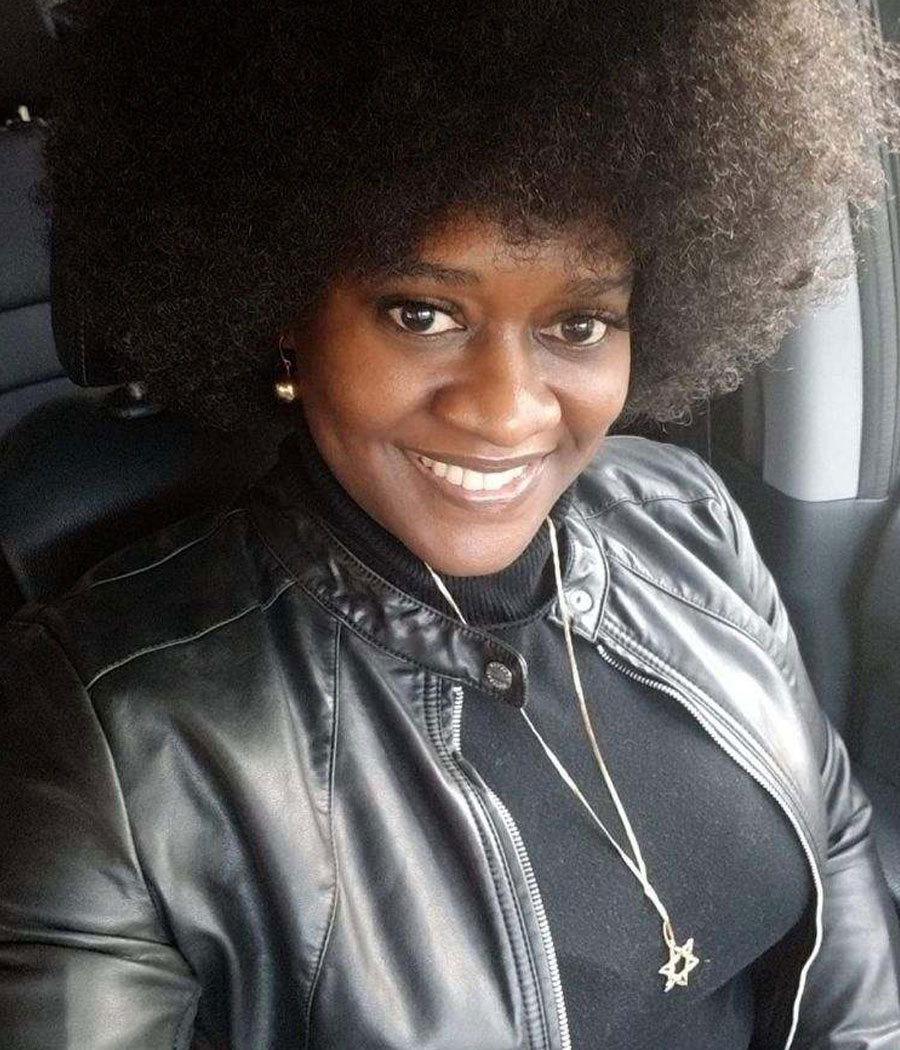ACS VOICES seeks to improve health outcomes for Black women
ancer can affect anyone, but it does not affect everyone equally. In fact, according to the American Cancer Society, Black people have the highest death rate and shortest survival of any racial/ethnic group for most cancers in the U.S.


Now, the national cancer advocacy and research organization is launching an initiative aimed at uncovering the factors that lead to these disproportionate health outcomes. VOICES of Black Women, a longitudinal health study funded by the American Cancer Society and run by the population science department, will recruit and monitor the health of 100,000 Black women, ages 25–55 for the next 30 years to better understand cancer and other health conditions among Black women and improve outcomes.
NYSUT will play a key role in this latest effort, recruiting members to participate in the VOICES study.
“NYSUT is proud to support the latest American Cancer Society initiative, VOICES of Black Women. Our members are determined to ensure that everyone with cancer receives the best possible treatment, regardless of their race or gender,” said J. Philippe Abraham, NYSUT secretary-treasurer, whose office coordinates the statewide union’s social justice initiatives.
NYSUT has been a flagship sponsor of the American Cancer Society’s Making Strides Against Breast Cancer walks since 2002, and during that time, NYSUT volunteers have raised more than $16 million to fight the disease and save lives, Abraham said.
United Federation of Teachers member Terrain Reeves, a teacher and chapter leader at Edward R. Murrow High School in Brooklyn, signed on to be an ambassador based on her strong history of advocacy — and her own experiences with cancer. “I am a cancer survivor myself, and I’ve had several people close to me, including my mother and aunt, die of breast cancer.” Reeves’s mother was diagnosed in her 40s and died at 53; her aunt was diagnosed in her late 50s and died in her early 60s.
As an ambassador for the American Cancer Society, Reeves is responsible for recruiting women into the VOICES study and helping spread the word about how important cancer screenings are for early diagnosis and successful treatment.
Reeves knows all too well the tragic statistics that shape the lives of so many women like her: Black women are less likely than white women to be diagnosed with cancer, but they have a 12 percent higher overall cancer death rate than white women. In fact, Black women have double the risk of dying from uterine cancer and are 41 percent more likely to die from breast cancer even though their incidence rates are similar to or lower than those of white women.
“My mother’s diagnosis was eye-opening. She had breast reduction surgery, and the doctor saw the lump, but he left it and proceeded with the surgery,” she said. Her mother’s cancer was finally diagnosed years later, but only after it had spread to her spine.
Reeves had her own experiences with misdiagnosis and mistreatment, too. First diagnosed with fibroids as a teenager, Reeves suffered through numerous surgeries and other treatments for the non-cancerous growths in her uterus, but experienced little relief. It was only when she sought out a second opinion that she received an endometrial biopsy and was diagnosed with uterine cancer. Reeves had a hysterectomy in 2018 and said she has never felt better.
“I’m hoping that with this study, people not only get educated, but finally get access to the healthcare they deserve,” Reeves said.